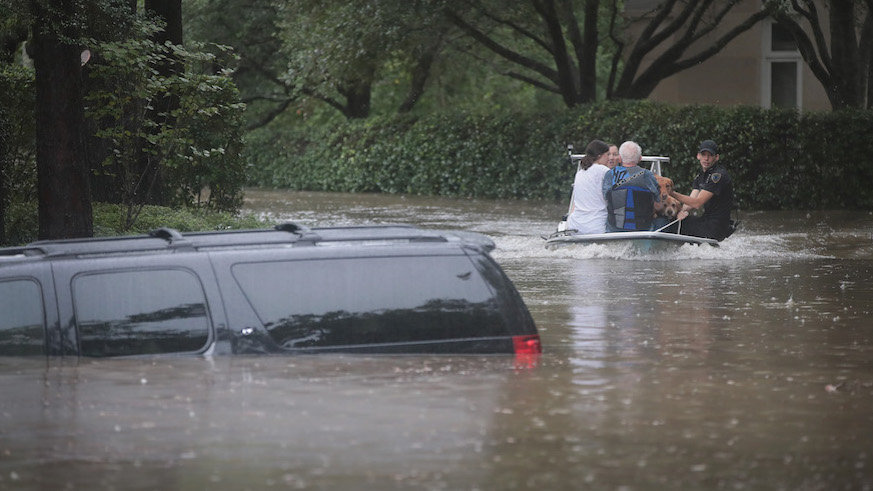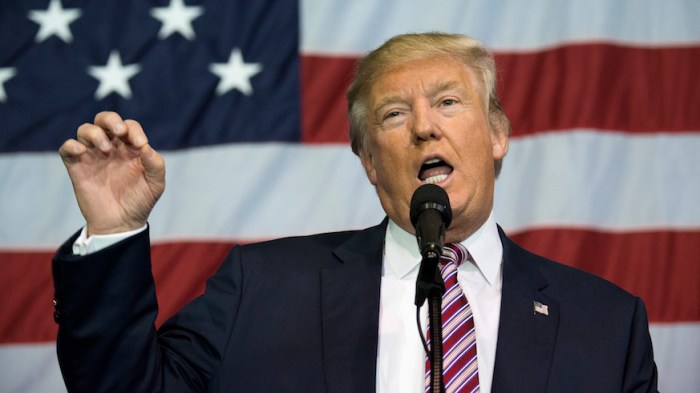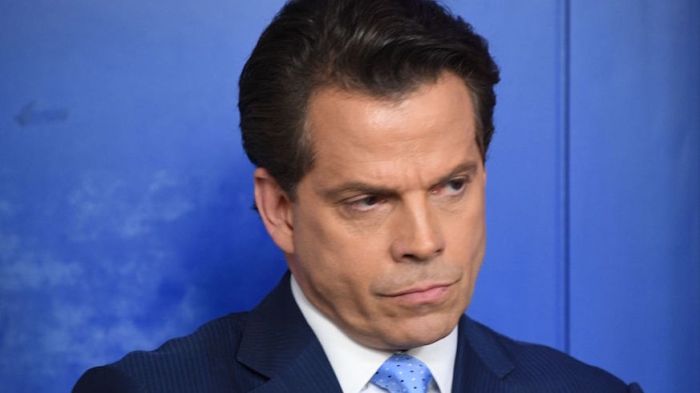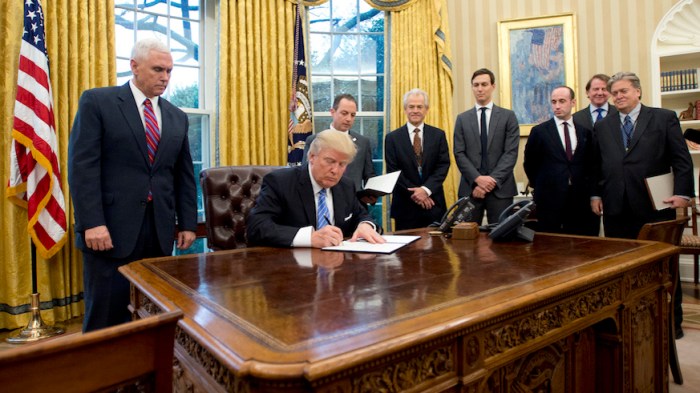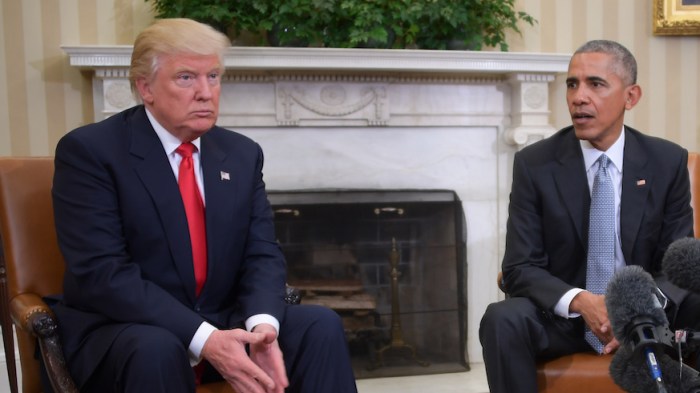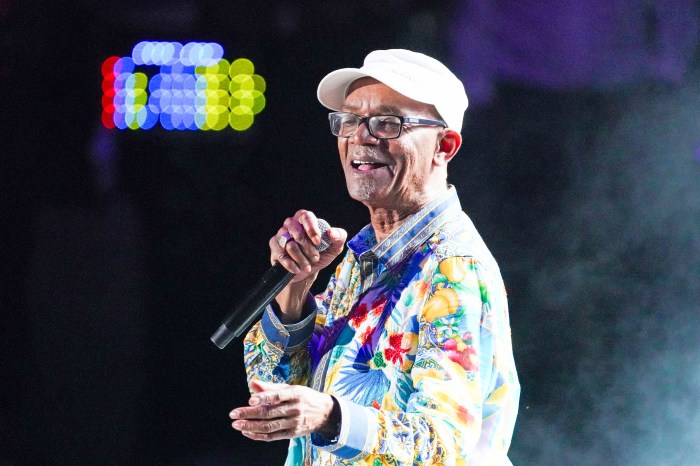Amid the record rainfall, scouring floods and human misery in south Texas, there was President Trump doing what presidents do: Offering reassurance, praising first responders and promising the federal government’s help until the suffering has passed. Such visits have become a supremely predictable part of the national response to natural disasters, because perhaps more than almost anything else, they are one of the few nonpartisan measures of presidential success.
It wasn’t always this way. For most of our country’s history, the main man in the Oval Office tended to stay put, even amid horrific news – at best, issuing a terse, written message of concern or condolence for the affected community. But in 1979, President Jimmy Carter signed the Federal Emergency Management Agency (FEMA) into existence. And as expectations about the federal government’s role have risen, so has the president’s profile in such times of crisis.
The speed and efficiency of the federal disaster response offers regular voters an easy way to see if a president “gets” the plight of victims, and whether he can marshal adequate resources to help them. Show up quickly, share a few moments with those most affected, check in with your agencies, and you can walk away with legions of new supporters. Never mind that a presidential visit is almost entirely ceremonial; the aid would flow following a disaster declaration anyway.
Do it wrong, however, and … well, who can forget George W. Bush flying over Hurricane Katrina’s wreckage instead of landing and getting a closer look? Or what about Barack Obama attending political fundraisers while oil gushed into the Gulf of Mexico? Both of those presidents paid a price for mishandling those disasters. Each had arguably reasonable explanations for their choices, but they overlooked the optics.
President Trump has not.
With the rain still falling, he showed up and said he cares. If his administration follows through for the people in and around Houston, this could turn into a rare triumph for his struggling presidency – one that could even affect his disastrous approval ratings. Because when floodwaters rise around Democrats, Republicans or independents, no one really cares about the politics of the guy with the rowboat – but they can be awfully grateful.

